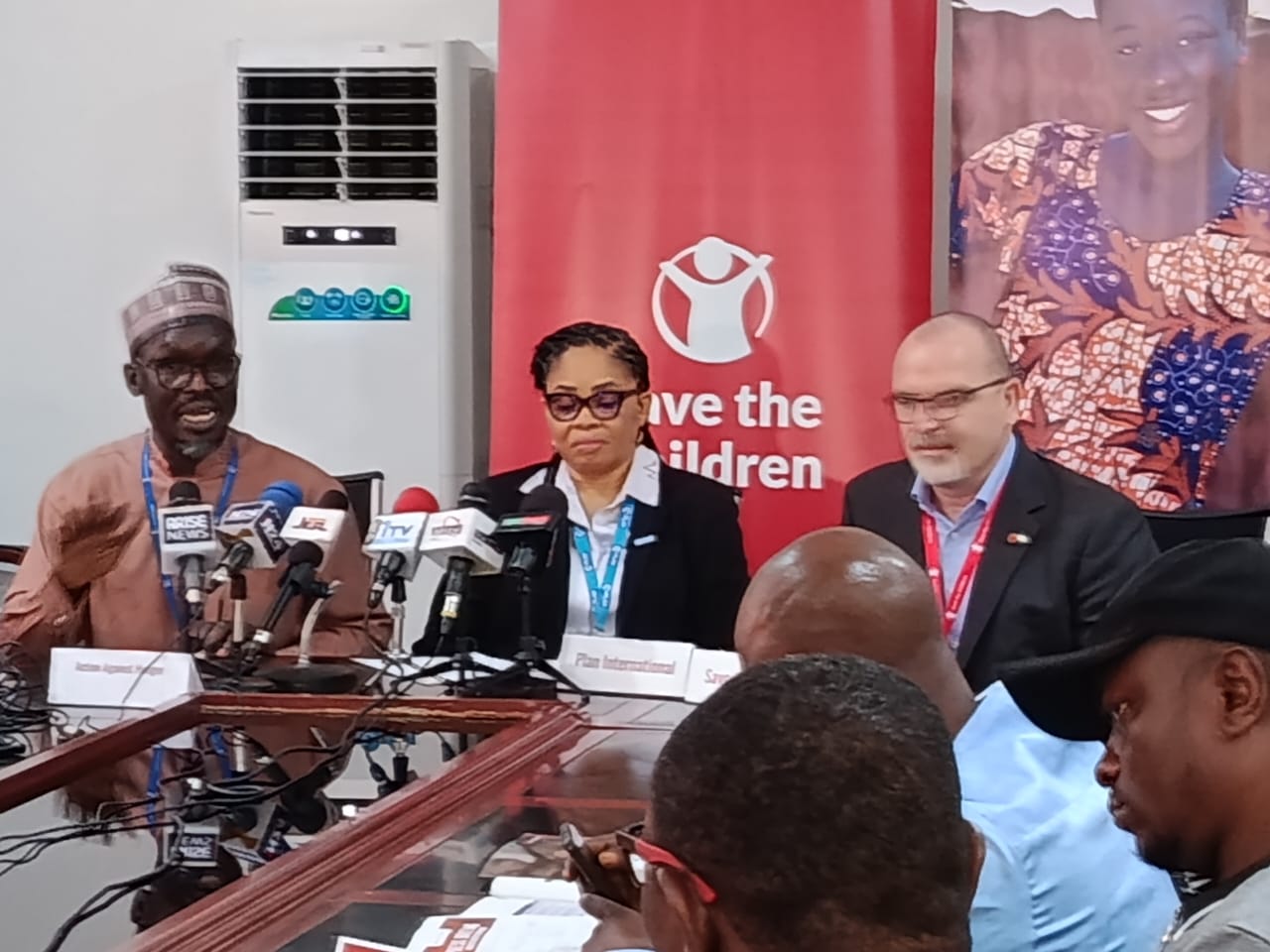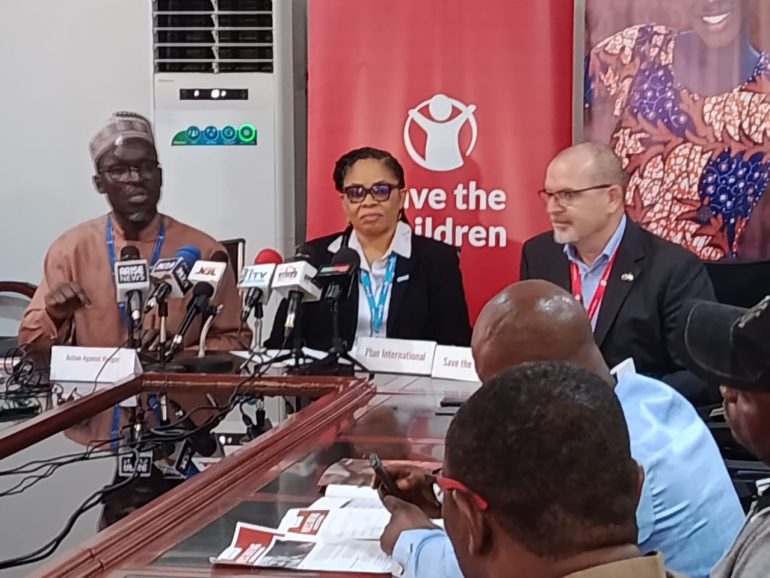Listeners:
Top listeners:
-
play_arrow
104.9FM Best rock music demo
-
play_arrow
Demo Radio Nr.1 For New Music And All The Hits!
-
play_arrow
Demo Radio Techno Top Music Radio
-
 play_arrow
play_arrow
Police Commissioner Launches Weapon and Riot Control Training for FCT Officers Democracy Radio

By: Aremu Toyeebaht
Nigeria is confronting a deepening food and nutrition emergency, with over 31 million people projected to go hungry during the 2025 lean season — the highest number globally.
This is according to a new joint report by the World Food Programme (WFP) and the Food and Agriculture Organization (FAO), which ranks Nigeria as the world’s largest food crisis zone.

Speaking in Abuja at an event marking the 16th Africa Day for Food and Nutrition Security, Action Against Hunger Country Director, Thierno Samba Diallo, described the situation as “a national emergency that demands immediate and sustained action.”
According to Diallo, findings from the Integrated Food Security Phase Classification (IPC) analysis for May 2024 to April 2025 show that the crisis cuts across 26 states and the Federal Capital Territory (FCT) — driven by high food prices, insecurity, and the worsening effects of climate change.
“Families are struggling to survive amid soaring food prices and insecurity,” Diallo said. “Without urgent interventions, millions could slip deeper into hunger.”
Children among the hardest hit
At the briefing, Save the Children International (SCI) Nigeria Country Director, Duncan Harvey, warned that children remain the hardest hit by the crisis.

He revealed that an estimated 5.4 million children under five are currently suffering from acute malnutrition, with 3.5 million battling Severe Acute Malnutrition (SAM). Of these, 1.2 million urgently require life-saving treatment.
“The situation in northern Nigeria is particularly alarming,” Harvey added. “Between October and December 2025, about 600,000 children under five could face Severe Acute Malnutrition across Adamawa, Borno, Katsina, Sokoto, Yobe, and Zamfara States.”
Dr. Helen Idiong, Director of Programme Quality and Influencing at Plan International Nigeria, stressed that while the country has developed strong food and nutrition policies, implementation remains weak.
“We have good plans and strong policies, but the reality in many communities tells a different story,” Idiong said. “Farmers need security to produce, children need access to nutritious food, and families need systems that protect them from hunger.”

She described the continued deaths of thousands of children from malnutrition as one of Nigeria’s most preventable tragedies.
“When we talk about 1,000 children dying every day, these are not just numbers,” she said. “They are real lives, real families, and untold grief. Government commitment and sustained funding are non-negotiable.”
As Nigeria marks the 16th Africa Day for Food and Nutrition Security, members of the Nigerian INGO Forum are calling on all levels of government to work closely with humanitarian partners to expand food assistance and strengthen nutrition interventions, especially in high-risk communities.
They emphasized that tackling hunger and malnutrition must move beyond policy discussions to become a moral and national priority — backed by political will, sustained funding, and full policy implementation to ensure that every Nigerian, especially children, women, and vulnerable households, has access to safe and nutritious food.
Written by: Toyeebaht Aremu
Similar posts
Copyright Democracy Radio -2024


